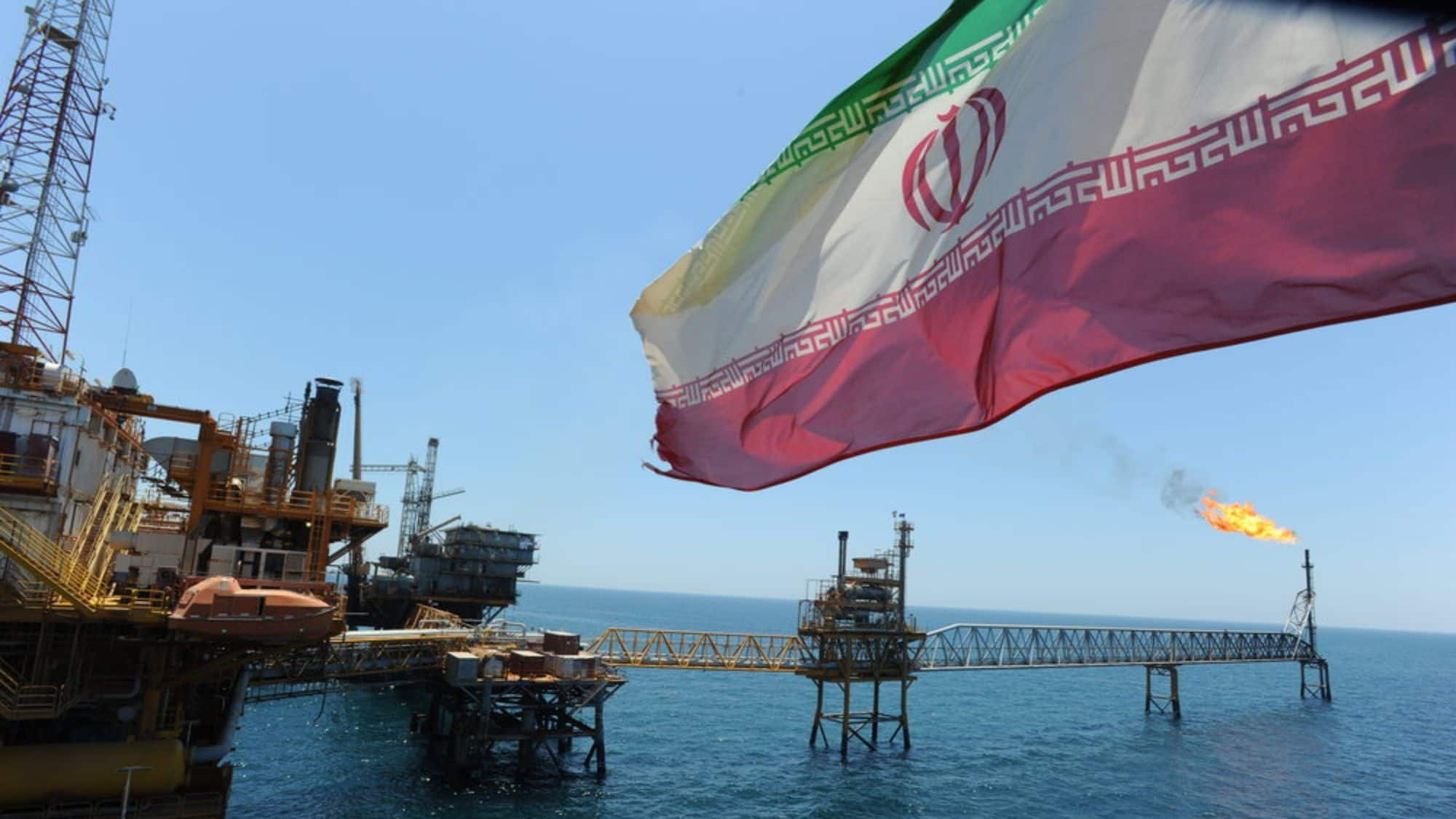In recent developments concerning the ongoing tensions in the Middle East, the potential for an imminent Iranian-Israeli military confrontation has escalated significantly. Israeli officials have indicated that a large missile attack could be followed by a series of retaliatory strikes targeting key infrastructure within Iran. This situation raises concerns about the implications for regional stability and global oil markets.
Overview of the Current Situation
The Middle East has long been a region marked by conflict and rivalry, particularly between Israel and Iran. The recent uptick in hostilities is not just a diplomatic concern but poses serious risks to oil production and distribution. As Iran continues to develop its military capabilities and assert its influence in the region, Israel prepares for potential pre-emptive strikes.
Israel’s Strategic Response
Sources indicate that Israeli intelligence is closely monitoring Iran’s oil facilities, which are crucial for the country’s economy. The planned missile attacks could aim to cripple these operations, thereby seeking to undermine Iran’s capacity to finance its military endeavors. With the threat of retaliation, the dynamics in the region may shift dramatically.
Potential Targets of Israeli Attacks
Israeli officials have highlighted several strategic locations within Iran that could be prime targets for their assault. These include:
- Oil Production Facilities: Disrupting Iran’s oil output could weaken its economy and reduce funds available for military operations.
- Nuclear Sites: Israel has previously voiced concerns about Iran’s nuclear program and may target installations that contribute to its development.
- Military Bases: Key military installations that serve as hubs for Iranian military logistics and operations may also be under threat.
Global Implications of the Conflict
The escalating tensions between Iran and Israel not only affect regional politics but have far-reaching consequences for global markets, particularly oil prices. Given that Iran is a major oil producer, military actions that disrupt production could lead to increased prices worldwide. Analysts are closely watching how these developments might affect international relations and economics.
International Reactions and Concerns
Countries worldwide, particularly those dependent on Middle Eastern oil, are expressing concern over the heightened conflict. The possibility of retaliatory actions from Iran could also engulf neighboring countries, raising alarms about a larger conflict in the region. Diplomacy appears increasingly difficult as each side responds to provocations with military posturing.
Conclusion
The impending potential for Israeli strikes against Iranian infrastructure reflects a critical moment in Middle Eastern geopolitics. As tensions rise, the world watches closely, understanding that the ramifications of this conflict could extend well beyond the region. The delicate balance of power hangs in the balance, and all eyes are on the Middle East as the situation unfolds.
